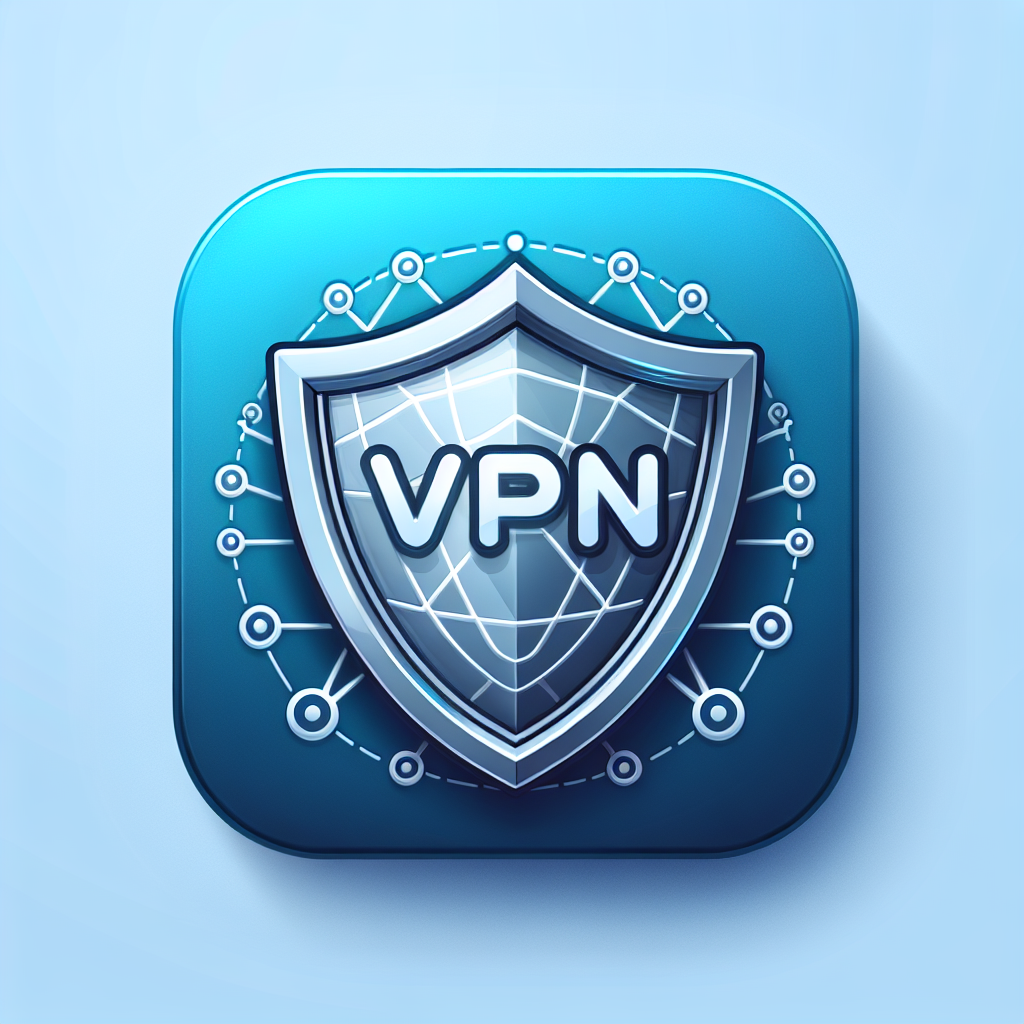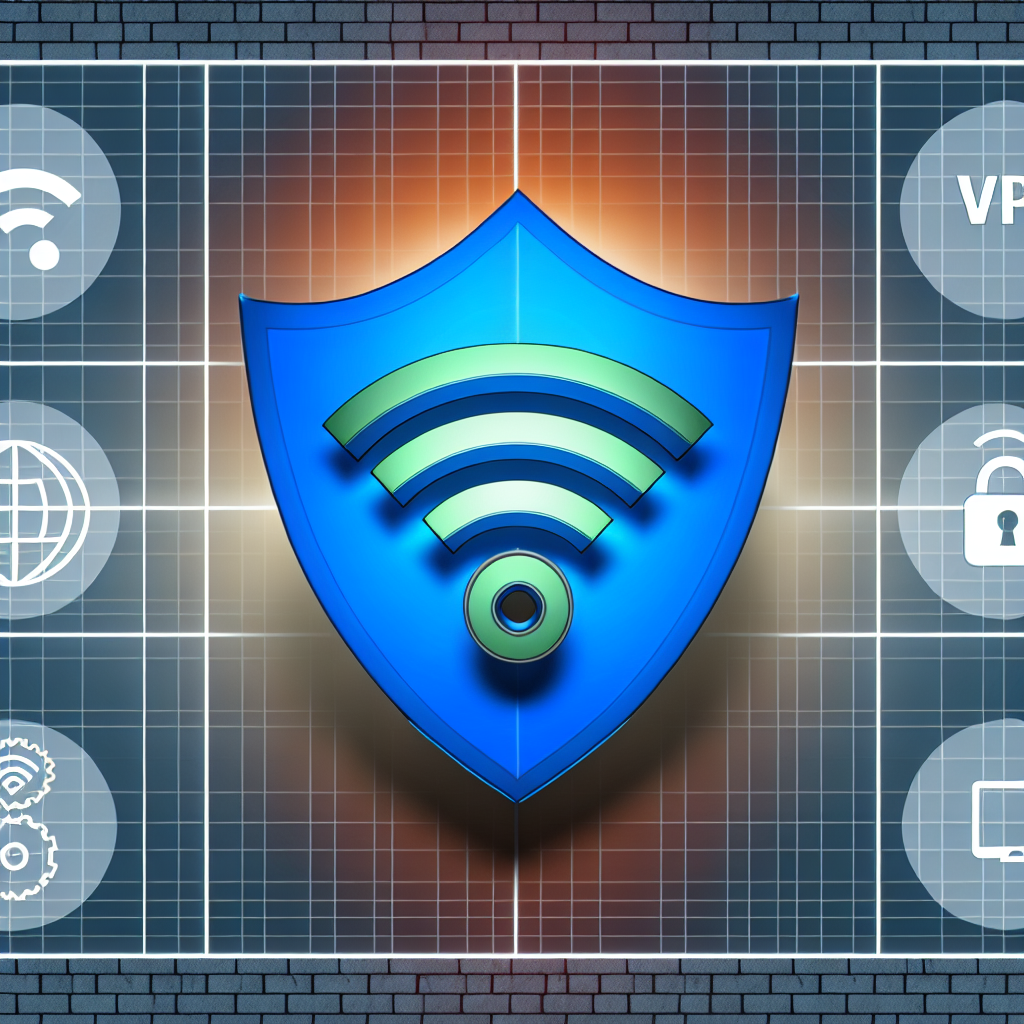Wi-Fi Security: The Need for a VPN Shield
In today’s digital age, Wi-Fi connectivity has become an essential part of our daily lives. From coffee shops to airports, we rely on public Wi-Fi networks to stay connected. However, these networks are not always secure, leaving our sensitive data vulnerable to cyber threats. This is where a VPN shield comes in. In this article, we will explore the importance of Wi-Fi security and how a VPN shield can provide an extra layer of protection.
What is Wi-Fi Security?
Wi-Fi security refers to the measures taken to protect wireless networks from unauthorized access, data theft, and other cyber threats. Wi-Fi networks use a protocol called WPA2 (Wi-Fi Protected Access II) to encrypt data transmitted between devices and the network. This encryption ensures that data cannot be intercepted and read by unauthorized parties.
However, Wi-Fi networks are not foolproof. Hackers can still gain access to these networks using various techniques, such as brute force attacks, man-in-the-middle attacks, and rogue access points. These attacks can result in the theft of sensitive data, such as passwords, credit card information, and personal details.
Why is a VPN Shield Necessary?
A VPN (Virtual Private Network) shield is a security measure that provides an additional layer of protection to Wi-Fi networks. A VPN shield encrypts all data transmitted between a device and the internet, making it difficult for hackers to intercept and read the data.
A VPN shield also masks a device’s IP address, making it difficult for hackers to track the device’s location and identity. This is particularly important when using public Wi-Fi networks, as these networks are often unsecured and easily accessible to hackers.
Benefits of Using a VPN Shield
1. Enhanced Security: A VPN shield provides an extra layer of security to Wi-Fi networks, making it difficult for hackers to intercept and read data.
2. Privacy Protection: A VPN shield masks a device’s IP address, making it difficult for hackers to track the device’s location and identity.
3. Access to Geo-restricted Content: A VPN shield allows users to access geo-restricted content, such as streaming services and websites, by masking their location.
4. Protection from ISP Throttling: A VPN shield can prevent ISPs from throttling internet speeds, as the ISP cannot determine the user’s location or activity.
5. Protection from Cybercriminals: A VPN shield provides protection from cybercriminals, such as hackers and identity thieves, by encrypting all data transmitted between a device and the internet.
How to Use a VPN Shield
1. Choose a reputable VPN service: There are many VPN services available, but not all are reliable. Choose a reputable VPN service with a strong encryption protocol and a no-logs policy.
2. Download and install the VPN software: Once you have chosen a VPN service, download and install the software on your device.
3. Connect to the VPN: Open the VPN software and connect to a server in your desired location. This will mask your IP address and encrypt all data transmitted between your device and the internet.
4. Test the connection: Once you are connected to the VPN, test the connection to ensure that it is working properly. You can do this by visiting a website that displays your IP address.
5. Disconnect from the VPN: When you are finished using the VPN, disconnect from the server to avoid unnecessary data usage and potential slowdowns.
Conclusion
In today’s digital age, Wi-Fi security is essential to protect sensitive data from cyber threats. A VPN shield provides an additional layer of protection to Wi-Fi networks, making it difficult for hackers to intercept and read data. By choosing a reputable VPN service, downloading and installing the software, connecting to the VPN, testing the connection, and disconnecting from the VPN, users can ensure that their data is protected and their privacy is maintained. It is essential to prioritize Wi-Fi security and use a VPN shield to protect sensitive data from cyber threats.




